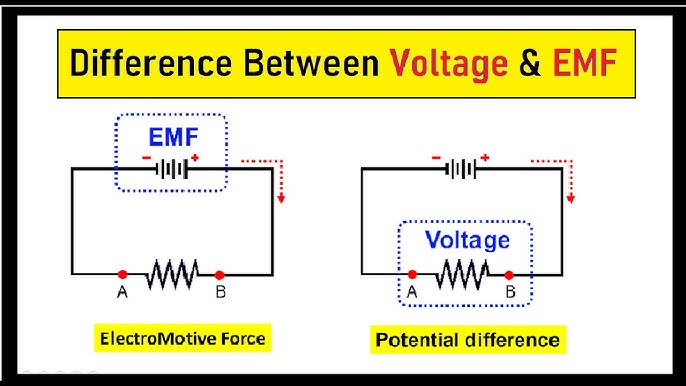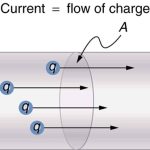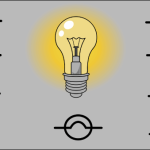The unit of electric potential is the volt (V) where one volt is one joule per coulomb. One volt is defined as the difference in potential between two points in a conductor which, when carrying a current of one ampere, dissipates a power of one watt, i.e.

A change in electric potential between two points in an electric circuit is called a potential difference. The electromotive force (e.m.f.) provided by a source of energy such as a battery or a generator is measured in volts.
Resistance and conductance
The unit of electric resistance is the ohm (Z) where one ohm is one volt per ampere. It is defined as the resistance between two points in a conductor when a constant electric potential of one volt applied at the two points produces a current flow of one ampere in the conductor. Thus,


Electrical power and energy
When a direct current of I amperes is flowing in an electric circuit and the voltage across the circuit is V volts, then


Summary of terms, units and their symbols




Comments are closed